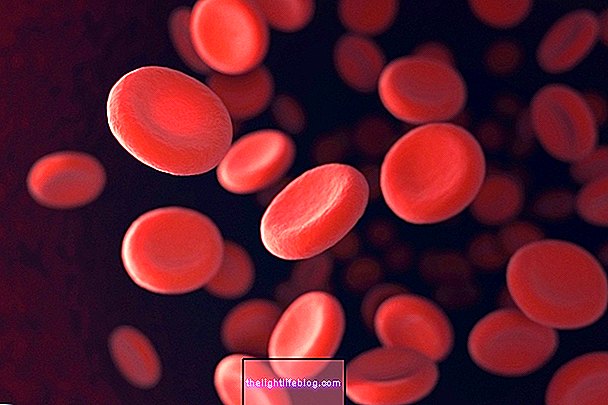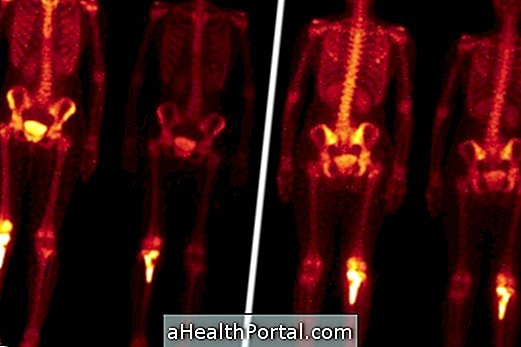The main causes of hyperkalemia are related to kidney problems, such as kidney failure, malignant renal neoplasia or interstitial nephritis, which cause blood potassium levels to be higher than normal because potassium is not eliminated in the urine, accumulating in the blood.
In addition, hyperkalemia may also be caused by:
- Food with excess salt and potassium, such as snacks and snacks;
- Excessive use of antihypertensive drugs without medical advice;
- Bumps, wounds and severe burns;
- Bleeding from the stomach or intestines;
- Type 1 diabetes;
- Heart failure or liver cirrhosis.
However, hyperkalemia is not always a sign of disease or problem because it can also happen because of some situations that occur while the individual is drawing blood, such as opening and closing the hand, excessive time to draw blood or destruction of blood cells in the test tube.
Thus, all high potassium results should be repeated to spot errors that may have occurred during blood collection.
See some symptoms of hyperkalemia.























